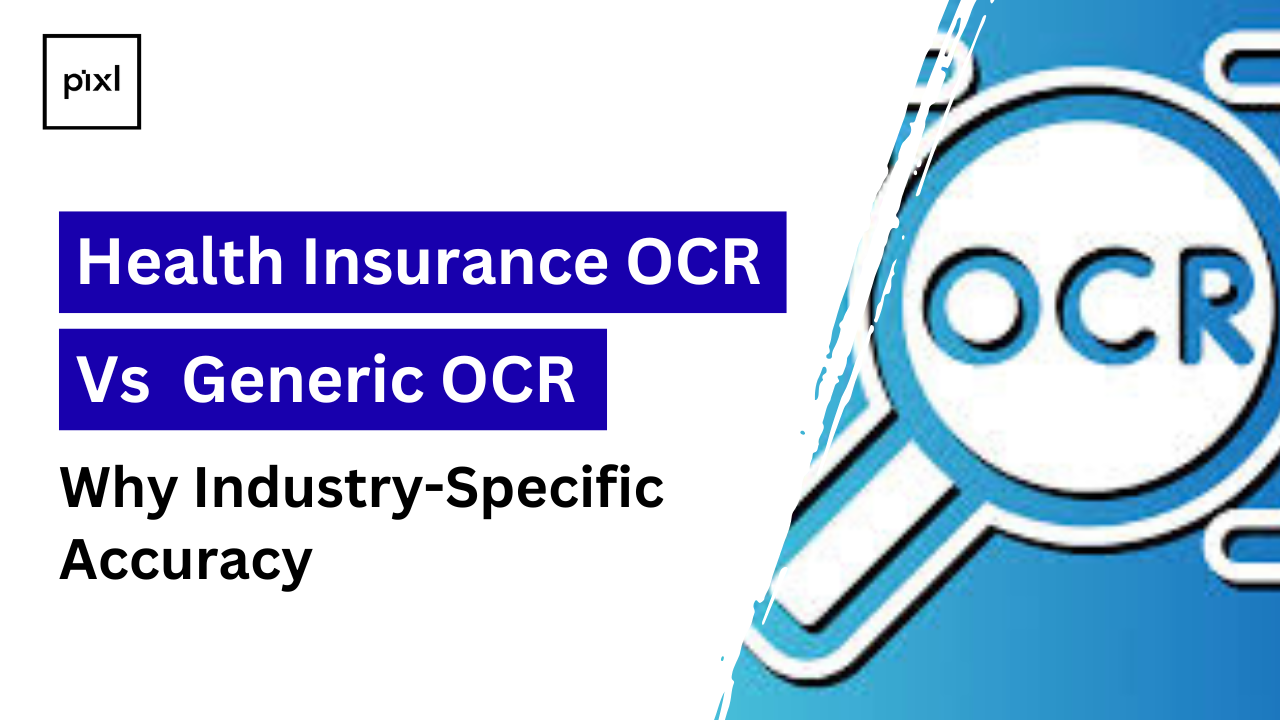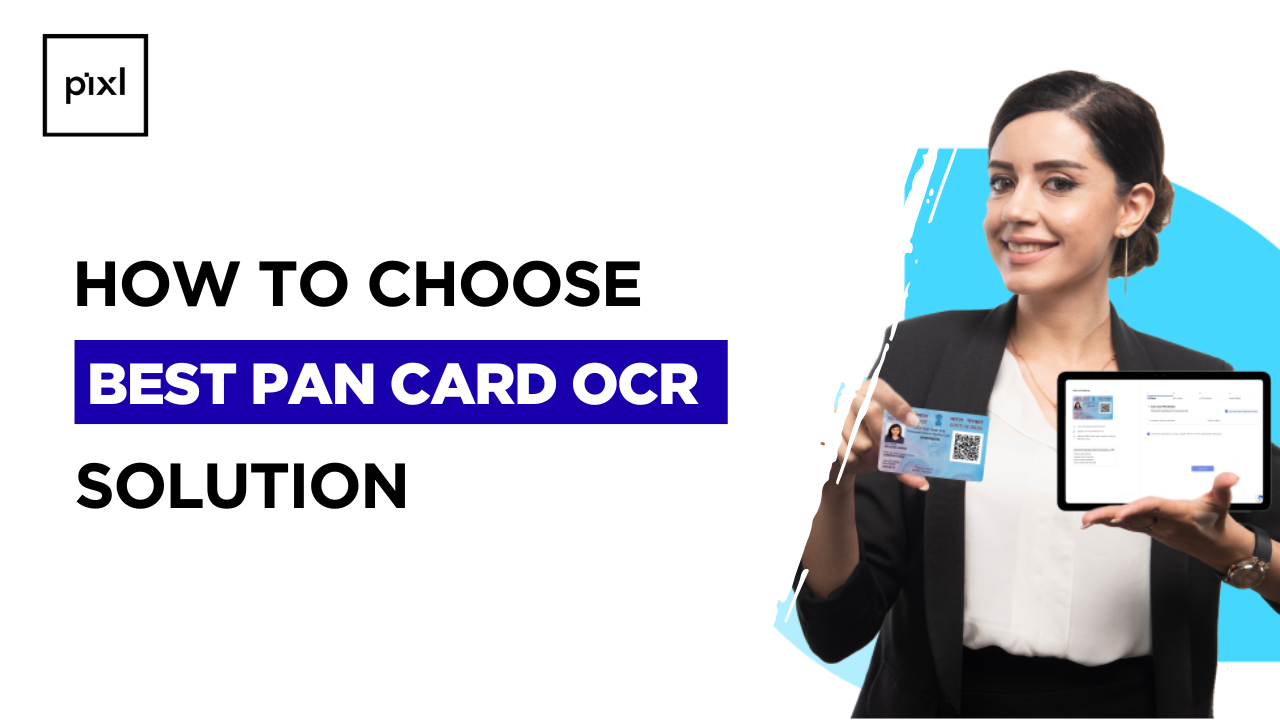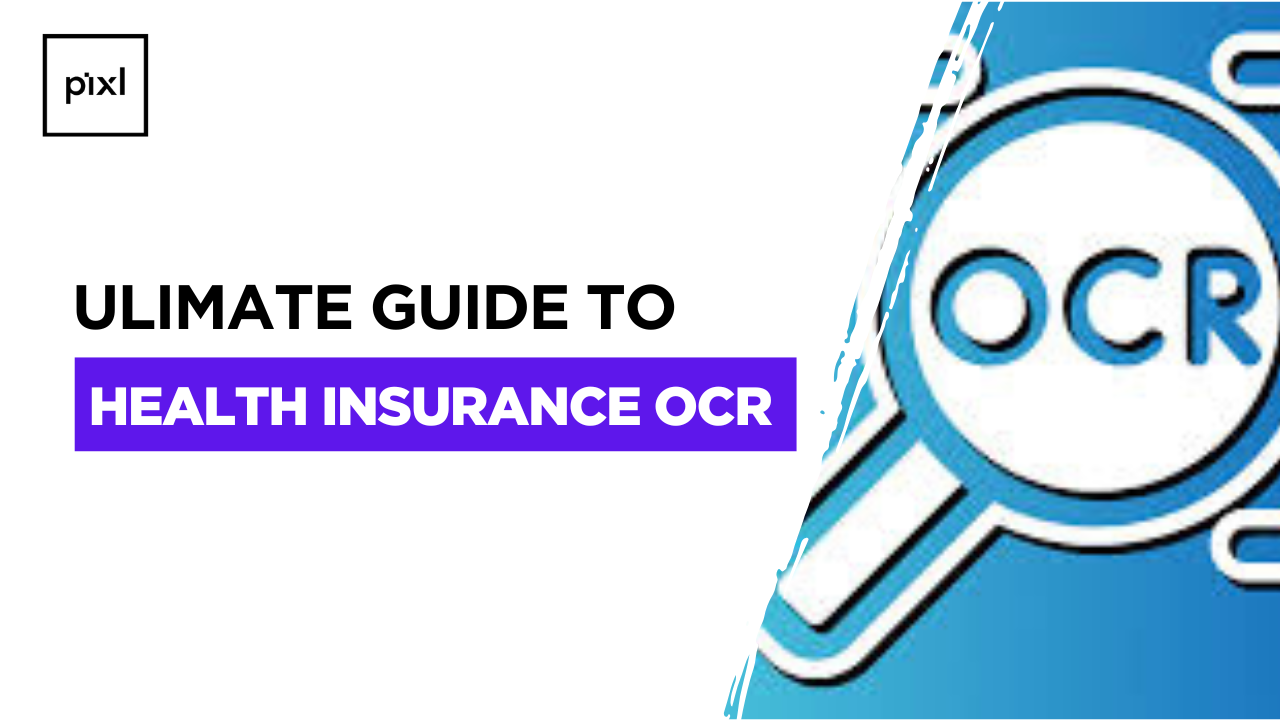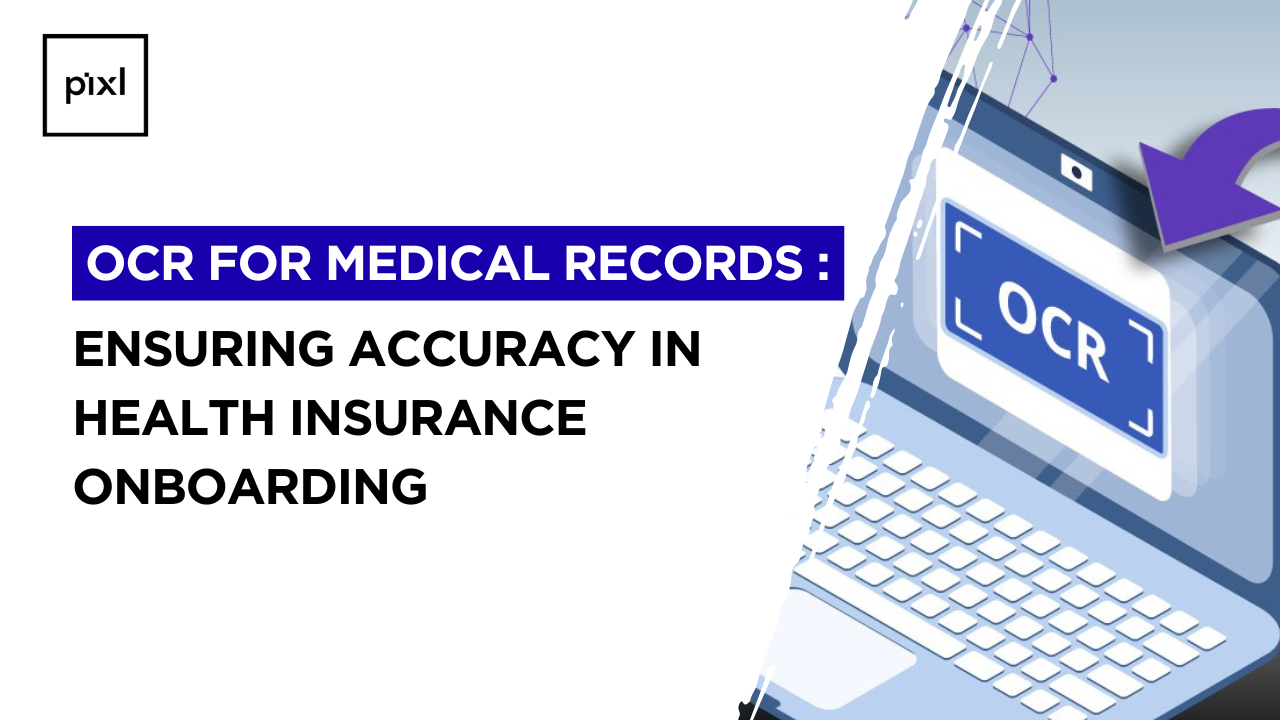Introduction
In the insurance industry, accuracy is not just a nice-to-have it is mission critical. A wrongly entered policy number or a misread claim detail can delay reimbursements, create compliance risks, and damage customer trust. While generic OCR (Optical Character Recognition) solutions can digitize documents, they are not designed to handle the complexities of health insurance workflows.
This is where health insurance OCR comes into play. Unlike generic tools, it is trained specifically on insurance related documents such as policy cards, claim forms, and compliance reports. In this article, we’ll explore the differences between health insurance OCR vs generic OCR using the 5W1H framework Who, What, When, Where, Why, and How.
Who Needs Health Insurance OCR?
The short answer: anyone handling insurance data at scale.
Insurance Providers: They process thousands of claims daily, requiring precise capture of policyholder details, coverage limits, and billing codes.
Third-Party Administrators (TPAs): TPAs manage claims on behalf of insurers. For them, errors in extraction can mean disputes, delays, and operational inefficiencies.
Hospitals & Healthcare Facilities: Fast patient admission depends on instantly verifying insurance coverage and eligibility.
Regulatory Teams: They need accurate records to meet compliance requirements without costly penalties
What is the Difference Between Health Insurance OCR vs Generic OCR?
Generic OCR:
- Extracts raw text from scanned files, PDFs, or images.
- Works well for simple documents like invoices, books, or receipts.
- Lacks industry-specific training cannot always distinguish between insurance terms, codes, or structured fields.
Health Insurance OCR:
- Trained on insurance-specific documents (cards, claim forms, compliance records).
- Uses AI and Natural Language Processing (NLP) to understand context (e.g., recognizing “DOB” as Date of Birth or distinguishing “policy number” from “claim number”).
- Captures structured data fields automatically:
- Policyholder Name
- Insurance Provider
- Policy Number
- Plan Type & Coverage Details
- Issue Date & Expiry Date
- Claim Amounts & Codes
- Policyholder Name
Bottom line: Generic OCR reads characters. Health insurance OCR understands insurance data.
When Should Insurers Choose Specialized OCR Insurance?
Specialized OCR is not always necessary but it becomes indispensable when:
Processing High Volumes: Insurers managing millions of claims monthly need automation that generic OCR cannot handle.
Maintaining Compliance: Regulations like HIPAA (US), GDPR (EU), and IRDAI (India) require secure, accurate data handling.
Fraud Prevention: Health insurance OCR, combined with AI, can flag duplicate claims, forged documents, or abnormal billing patterns.
Improving Customer Experience: Faster onboarding and quicker claim approvals directly boost policyholder satisfaction.
Using generic OCR for these scenarios often leads to higher error rates, longer processing times, and compliance risks.
Where Does Health Insurance OCR Outperform Generic OCR?
Let’s look at real-world examples:
- Claim Forms
- Generic OCR: Reads numbers but cannot link them to specific fields. A “12345” could be read as an invoice number instead of a policy number.
- Health Insurance OCR: Tags and classifies fields correctly, ensuring the right data flows into claims management systems.
- Generic OCR: Reads numbers but cannot link them to specific fields. A “12345” could be read as an invoice number instead of a policy number.
- Health Insurance Cards
- Generic OCR: Misreads abbreviations like “DOB,” “DOA,” or “Policy ID.”
- Health Insurance OCR: Context aware, ensuring correct extraction of fields like birth dates, provider names, and policy details.
- Generic OCR: Misreads abbreviations like “DOB,” “DOA,” or “Policy ID.”
- Compliance Reports
- Generic OCR: Captures raw text without guaranteeing all required data points are present.
- Health Insurance OCR: Ensures mandatory compliance fields (coverage limits, provider codes) are correctly logged for audits.
- Generic OCR: Captures raw text without guaranteeing all required data points are present.
In short, insurance OCR accuracy is much higher when using a specialized system designed for the domain.
Why Does Industry-Specific Accuracy Matter?
Health insurance deals with sensitive, regulated, and high-stakes data. Accuracy matters because:
- Compliance: Errors in documentation can lead to audits, fines, or penalties.
- Fraud Prevention: Misread fields can allow fraudulent claims to slip through unnoticed.
- Financial Impact: A single misclassified claim can cause delays or even wrongful payouts.
- Customer Trust: Policyholders expect their claims to be processed quickly and correctly mistakes damage loyalty.
- Operational Efficiency: Higher accuracy reduces manual verification, saving time and costs.
This is why insurers increasingly adopt specialized OCR insurance solutions rather than relying on generic tools.
How to Choose the Right Health Insurance OCR Solution?
When deciding between OCR providers, insurers should evaluate:
- Accuracy Rates: Does it maintain 95%+ accuracy on insurance documents?
- Integration Capabilities: Does it offer APIs/SDKs for easy connection with claims or CRM systems?
- Security & Compliance: Is it HIPAA/GDPR/IRDAI compliant? Does it encrypt sensitive data?
- Scalability: Can it handle thousands or millions of documents without slowdown?
- Customization: Can it adapt to unique insurance workflows and regional compliance needs?
- Analytics & AI Integration: Does it provide fraud detection insights and pattern recognition?
For a deeper breakdown, explore : The Ultimate Guide to Health Insurance OCR.
Conclusion
The comparison of health insurance OCR vs generic OCR highlights one truth: industry-specific accuracy is critical for insurers. While generic OCR can digitize documents, only specialized OCR insurance solutions deliver the accuracy, compliance, and fraud protection needed for high-stakes workflows.
By investing in the right technology, insurers, TPAs, and healthcare providers can not only reduce errors but also accelerate claims, strengthen compliance, and build customer trust.
In health insurance, accuracy is everything and that’s where specialized OCR makes the difference.
Ready to experience the specialized health insurance OCR?
Book a demo with Pixl.ai today and see how our AI-powered OCR solutions can streamline claims, ensure compliance, and protect against fraud.



